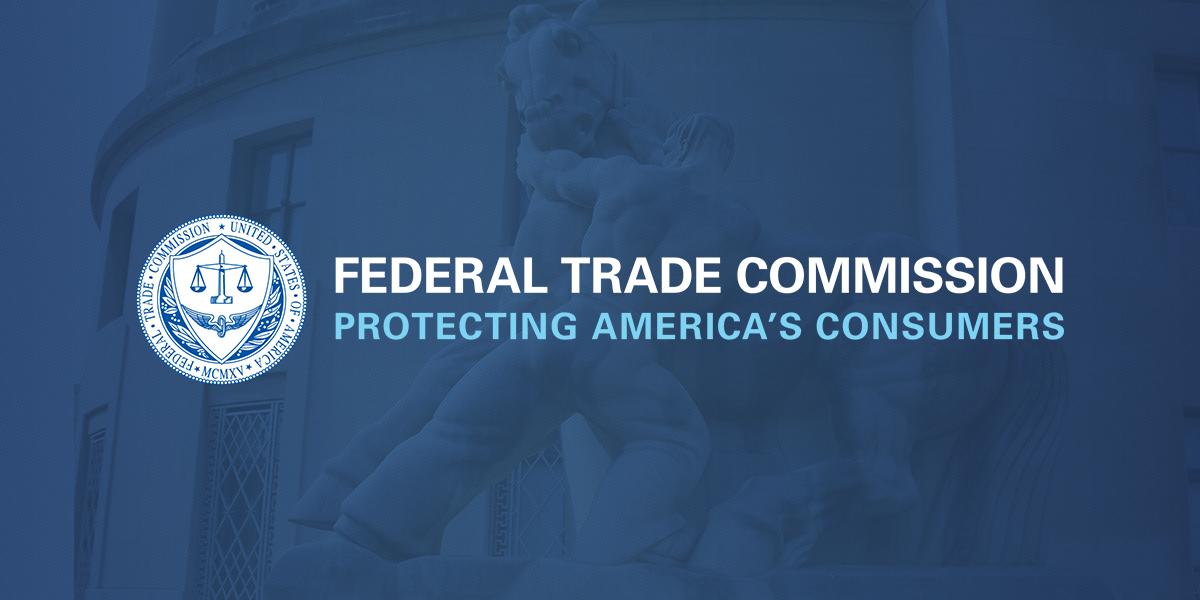Protecting yourself from Identity Theft

Recently, there have been many data breaches exposing Personally Identifiable Information (PII), making it likely that your full name, email address, home address, phone numbers, credit card numbers, and Social Security Numbers (SSN) are now circulating on the dark web.
This information is just waiting for a bad actor to purchase and illicitly use this information to exploit individuals. These actors can use your information to claim your tax refunds, drain bank accounts, open new credit accounts under your name and more.
Until there are stronger enforcements on the control and security of your information for companies (and governments...) then you have to take the necessary means to protect your identity online.
You can go to https://npd.pentester.com/ to see if you were recently involved in the National Public Data breach.
Methods to Protect yourself from Identity Theft
Protecting your Online Accounts
- Ensure that all your online accounts are setup with strong passwords and two-factor authentication. This is especially important for bank accounts, email accounts, and any other account that have access to your personal information.
Monitor your Credit and Financial Accounts
- You should review your credit report annually and look for any warning signs of identity theft.
- Warning signs look like:
- Credit accounts that were opened that you didn't know about
- Hard Inquiries that you don't recognize
- Collection accounts that you don't recognize
- Warning signs look like:
- Federal law allows you to get a copy of your credit report for free annually here. (AnnualCreditReport.com)
- Monitor your Financial accounts closely to ensure that there are no unauthorized activity taking place
Freeze your Credit Accounts
- Freezing your credit accounts at the three major credit reporting agencies (Equifax, Experian, and TransUnion). This prevents bad actors from opening any new lines of credit on your behalf.
- You can do this and manage your freezes at each credit agency website:
Setup an IRS Tax Identity Protection PIN (IP PIN)
- An IP PIN is a 6-digit number that prevents someone else from filing tax returns using your SSN.
- Once setup, you provide this PIN every time you file your tax returns to prove your identity.
- For more information and how to set it up, go to irs.gov
Use Identity Theft Protection Services
- Identity Theft Protection Services monitor your identity and alert you to suspicious activity.
- Most services will help manage credit freezes, monitor dark web for your information, and help resolve issues with identity information leakage.
- Popular protection services include:
Reporting Identity Theft
- Contact the Federal Trade Commission (FTC) and follow their steps on identitytheft.gov
- Contact the three major credit reporting agencies and place fraud alerts with your online accounts.
- Contact your credit card issuers, banks, and other financial places where you have accounts open
- If it is tax-related identity theft, report it to the IRS
Additional Resources



